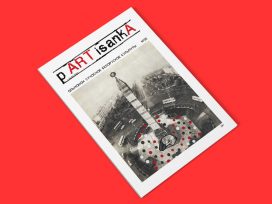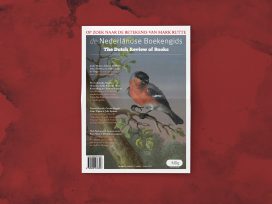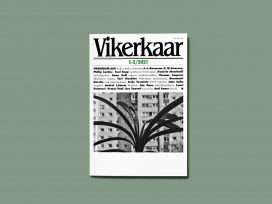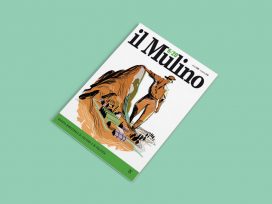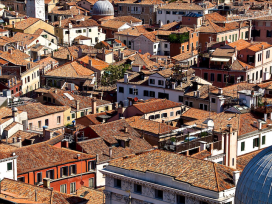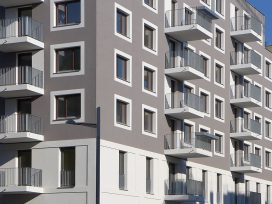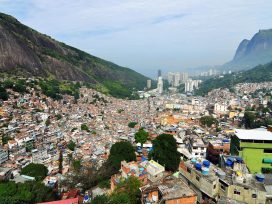Italian journal ‘Il Mulino’ turns to mountain matters: why a ‘metromont’ approach is better than green infrastructure; neo-ruralism and the limits of lifestyle politics; and the ecologically ‘delicate’ way to holiday.
Il Mulino, which turns seventy this year, focuses its attention on Italy’s mountain regions. Coronavirus lockdowns have particularly impacted on city life, bringing the benefits of rural living into focus. However, low population density, which may be a good thing when countering viruses, is not considered significant come election time. The Italian Alpine and Apennine ridges are attractive travel destinations but marginalized in domestic politics.
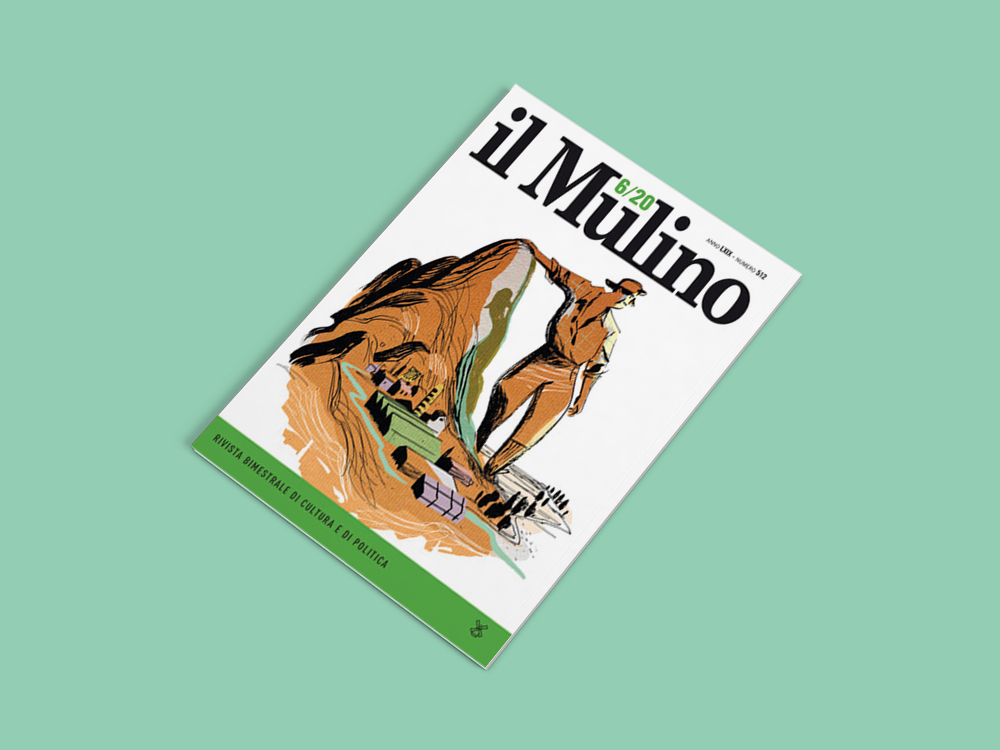
Politics at altitude
In 2013 the European Commission published guidelines outlining how to make ecology work. However, green infrastructure retained an urban perspective, argues sociologist Filippo Barbera, and was seen merely ‘as a privileged means to increase nature’s capacity to provide a wide range of benefits and services, including clean air and water, healthy food and leisure sites’. Half of Italy’s metropolitan jurisdictions are more than half mountainous, yet political decision-making focuses on urban concerns.
Mountain regions are ‘not perceived but misconceived’, says Barbera, whose proposal is ‘metromont’: a polycentric, bilateral urban and mountain-rural approach to policy making. ‘Without first re-politicizing the “mountain issue”, giving voice to highland politics, there won’t be reciprocal awareness between the city and the mountains.’
Mountain refuge
After long-term depopulation, a resurgent Alpine and Apennine trend over the past twenty years has drawn the attention of researchers. Geographer Giacomo Pettenati describes the new demographic, a diffuse category including neo-ruralists, digital nomads, young families escaping the city, pensioners, social innovators and seasonal workers. What unites these new inhabitants is their opposition to global urbanization trends.
This development isn’t necessarily rural nostalgia. Pettenati sees movement rather than permanence as a defining characteristic of human activity: ‘tourism, transport, migration’. And he acknowledges that ‘people can come and go’. For rural communities to flourish, it’s therefore important that ‘political and academic attention is based not on individuals and their life choices but on the locality’s context that pushes and pulls’.
Low-impact tourism
Mass ski tourism is in crisis, says Maurizio Dematteis. Once commonplace, skiing has become a high-altitude pursuit of the rich and ‘coronavirus has taught us that mass tourism is fragile’. Summer 2020 saw the emergence of ‘near tourism’, or local holidaying, which can result in ‘the masses escaping the city heat for fresh mountain air, transporting provisions from the supermarket … leaving their cars parked in the meadows.’
An alternative established in some valleys is ‘delicate tourism’: low-impact sporting activities in unpolluted environments with local culture and food as opposed to monocultural holidays. ‘In avoiding reproducing urban modernity in the mountains’, says Dematteis, ‘tourism can focus on quality not quantity.’
This article is part of the 2/2021 Eurozine review. Click here to subscribe to our weekly newsletter to get updates on reviews and our latest publishing.
Published 3 February 2021
Original in English
First published by Eurozine
© Eurozine
PDF/PRINTNewsletter
Subscribe to know what’s worth thinking about.
Related Articles
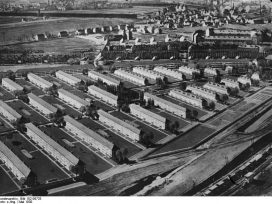
When spectres return
Housing reform and the idea of the good home
The ‘housing question’ was formed not by the issues of poverty and necessity, but by bourgeois norms and demands – often intended to tame social unrest. From minimal dwelling to air quality, Michael Klein surveys the 19th-century discourses which still influence political thinking, and tend to exclude concerns of the underprivileged.

What do we want to bet?
The economics of real estate: speculation and urban development
The spatial limits of speculation have been broken and the world is constantly combed for investment opportunities. The aim is to create the image of prosperous, dynamic cities, but for the majority of the urban population, it’s more a curse than a blessing.
